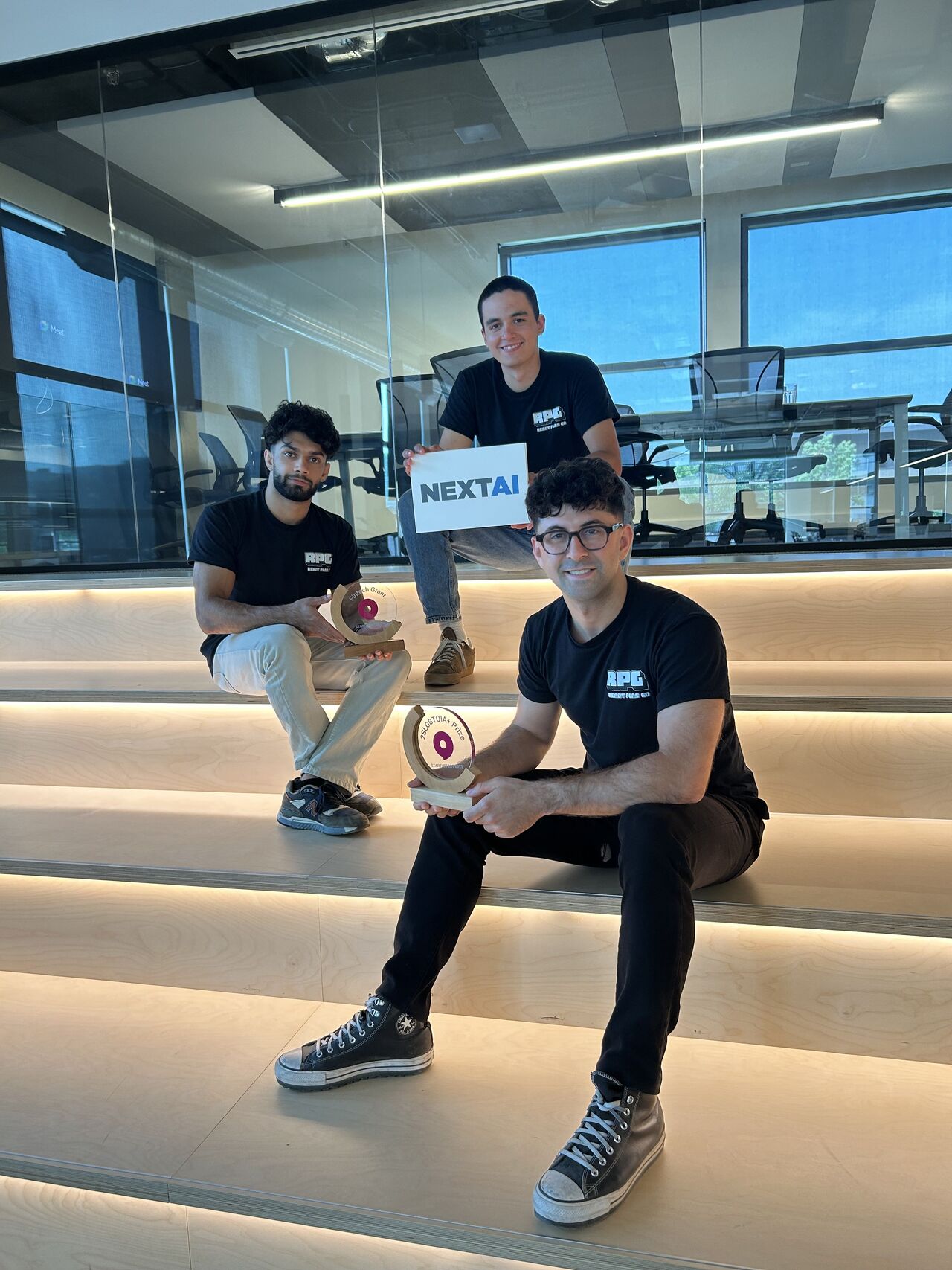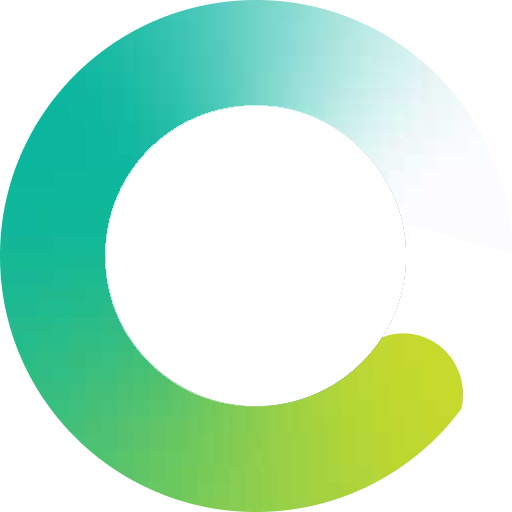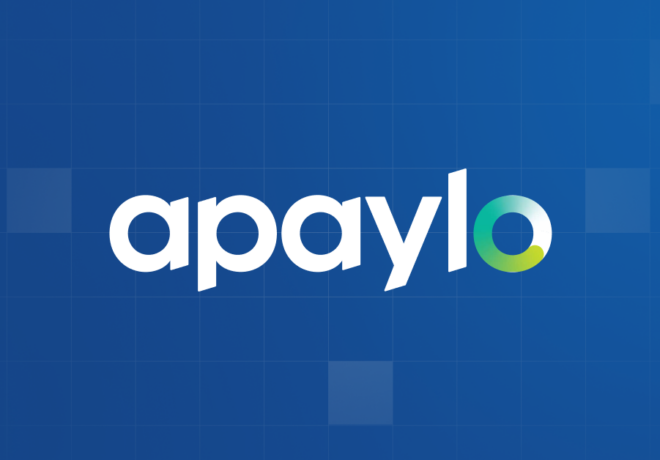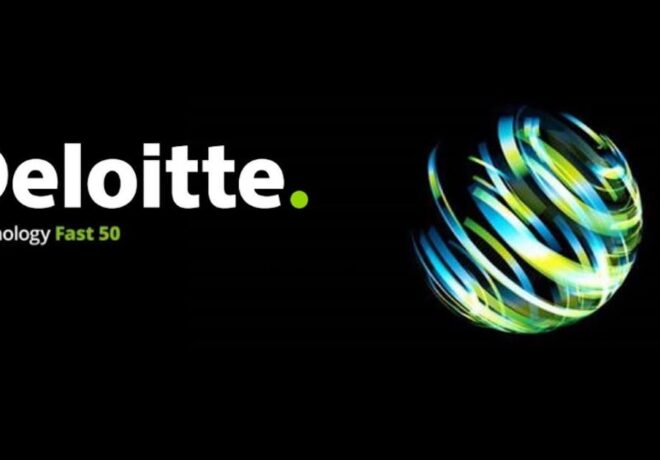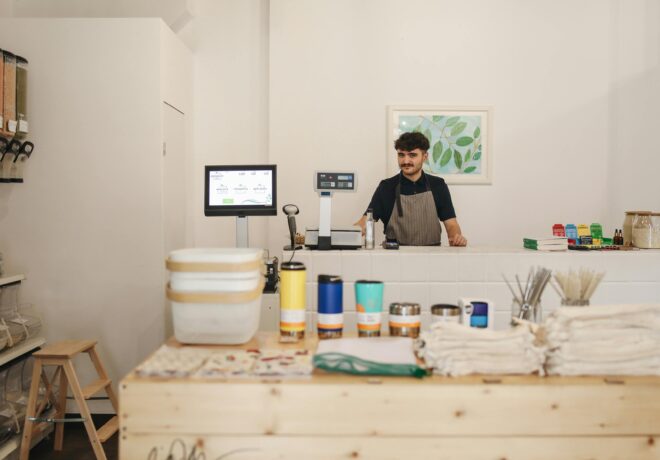Ready Plan Go, founded by Nima Jalalvandi, is on a mission to help small businesses automate forecasting, planning, and operations with an agentic AI-powered accounting platform.
At this year’s Startupfest, they secured $175,000 in non-dilutive funding — winning both the $75K FinTech Grant (backed by Apaylo and Digital Commerce Group) and the $100K 2SLGBTQIA+ Prize from QueerTech.
In this candid Q&A, we spoke with CEO and Founder of Ready Plan Go about betting it all, transforming tax season into a moment of empowerment, and what this win means for their future.
1. You made a high-stakes bet on your company: selling your home just hours before your big win. What gave you the conviction to take that leap?
The way I was educated as an entrepreneur is that you need skin in the game — you need to put something meaningful into the company so your interests align with those of the people you’re asking to invest. Selling my home and putting the money I’d saved over the last 5–7 years into Ready Plan Go felt natural to me. How could I ask investors to take a bet on me if I wasn’t equally committed?
I believe in myself and in how I operate as an entrepreneur. I tend to only have a Plan A, and if I need to pivot, I will — but I stay focused on the path. For me, it was clear that investing in my career as an entrepreneur would yield much more than holding onto real estate. I’m confident that eventually this is going to work out, because building companies is what I do — and this is the company I want to build.
2. Talk to us about Ready Plan Go. What problem are you solving and what kind of future are you trying to build for people?
This problem has been personal to me for a long time. When my parents immigrated to Canada 50 years ago, my dad gambled away our family finances. My mom stayed in that marriage longer than she needed to because she didn’t understand personal finances and felt dependent on him.
Even today, few people have an advisor they trust enough to share their full financial picture. Most of us share bits and pieces. The only time of year we’re forced to ‘get naked’ financially is tax season — and even then, it’s just about reporting the past and hoping to maximize deductions. That moment could be so much more.
At Ready Plan Go, we want to transform that moment into a planning opportunity. Instead of accountants chasing documents, they could be helping people create a plan for the year ahead, showing how even small decisions now shape their futures.
We start by acquiring tax prep client books — either through partnerships or direct purchases — and use agentic AI to automate tax prep at scale. But the bigger vision is to empower people to feel bold and independent when it comes to their finances, and to break the shame that surrounds money.
3. You’ve now stood in front of multiple judging panels and walked away a winner. What have you learned about storytelling, persuasion, and what truly resonates with decision-makers?
I think people respond to the hero story. They see a scrappy but solid team riding a big wave — and they want to cheer for that.
We showed judges that we understand the market deeply, that we’re solving a real problem, and that we’re already moving. We framed our story as: here’s the wave — tens of thousands of accountants retiring, fewer students entering the field — and here’s how we’ve built the surfboard to ride it, combining automation and human insight.
We’ve also learned that charisma and clarity go a long way. If you can explain your vision simply and show how it connects to a bigger trend, people get it. At StartupFest, the audience and judges didn’t just hear our pitch — they felt our conviction and saw the alignment between the problem and our solution.
4. What did winning the $75K grant from Apaylo + DC Group unlock for you that wasn’t possible before?
It was a huge game-changer in terms of validation and visibility. We stood on stage in front of over a thousand people who cheered us on, and suddenly the whole ecosystem knew our name.
Immediately after winning, we secured another $75,000 from an angel investor, and we now have a half-dozen meetings lined up with VCs who are excited to learn more.
But we’re staying scrappy. We’re not rushing to spend — we’re focusing the money on acquiring client books, generating cash flow, and building the dataset to train our AI model. That way, we can demonstrate higher margins and better efficiency before raising a strong seed round.
5. The fintech space can be both fast-moving and slow to adopt change. Where do you think the real friction lies in bringing bold ideas to market and how are you navigating that tension?
The hardest part isn’t building the tech — it’s finding the right business model and go-to-market.
A lot of fintechs rely on arbitrage or interchange models that require massive scale, and too many products look the same — another prepaid card, another payday loan. The real friction comes from trying to create something truly different while making it viable financially.
We navigated that by embedding ourselves in the right ecosystems: first at Station Fintech Montréal, which immersed us in the fintech world and connected us to others solving similar problems. Then at Next AI, where we had mentorship and a strong support network to help refine our vision. Those hubs gave us the insights and partnerships we needed to iterate and differentiate quickly — and avoid falling into the trap of building something generic.
6. What advice would you give to other fintech founders who are just starting out?
My biggest advice: put yourself in the right ecosystem. Find an incubator or accelerator specialized in fintech — like Station Fintech Montréal and NEXT AI was for us — and surround yourself with others tackling similar challenges. You’ll iterate and validate faster, and you’ll understand what makes your solution stand out.
Then, focus on the fundamentals. Who pays you? Why? How fast can you prove traction? And stay alert for partnerships and opportunities that can change the game for you early on.
7. What’s next for Ready Plan Go, and what are you most excited about?
We’re in the final stages of closing our pre-seed round, which will give us enough traction to acquire our first client books and run simulations on past tax years.
By the time we close, we’ll have over a thousand years of tax data to prove that we can handle taxes better — more efficiently, more profitably — than the traditional way.
After that, we’ll raise our seed round, seeking not just capital but strategic partners who can help us scale our technology quickly across Canada and the U.S.
What excites me most is that every tax return we process makes our model smarter — and every client we help brings us closer to our vision: helping people like my mom understand their finances, make better decisions, and feel independent. That’s the future we’re building toward.
At Apaylo, we believe in backing bold founders with a clear vision—and Ready Plan Go is exactly that. Supporting this year’s FinTech Grant alongside Digital Commerce Group gave us a front-row seat to the kind of ambition and clarity that defines the next wave of Canadian fintech.
We’re excited to see what’s ahead for Nima and the team as they continue building tools that don’t just automate finance—but empower people through it. Learn more about Ready Plan Go.



